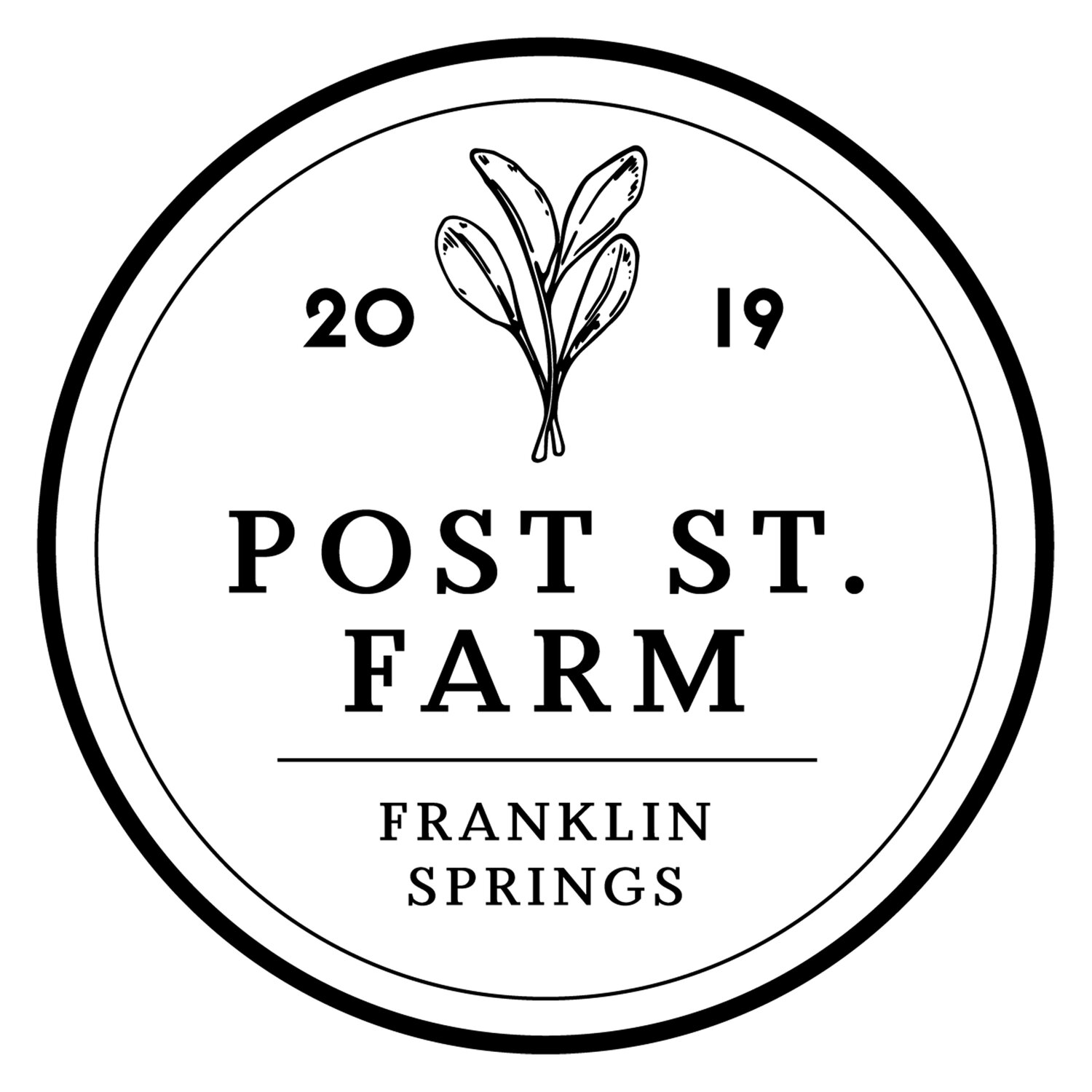“Everywhere he looks, he sees food.”
Growing food is hard. But that’s why we do it.
Winter spinach transplants in a caterpillar tunnel. A beautiful thing.
If you’re like us, you listen to podcasts. A lot of podcasts. It’s a great way to keep your mind busy when you’re doing repetitive tasks. Like transplanting 2,000 spinach seedlings in a caterpillar tunnel, which was one of the things on the docket this weekend.
We have a few podcasts that we listen to regularly but the problem is you catch up on old episodes quickly and then you’re out of content. Now you’ve got to find a new podcast.
If you ever find yourself in a similar predicament, a good podcast to check out is The Sporkful. (“It’s Not For Foodies, It’s For Eaters.”) It has been around for over a decade. They started off with funny, odd takes on eating, like asking whether a hotdog is technically a sandwich or “at what point does it stop being a grilled cheese and start being a panini?” It has since evolved into being organized around more cultural human interest stories.
A few weeks ago, host Dan Pashman re-featured an episode highlighting a man named Jay Marion. Based in Virginia’s Shenandoah Valley, Marion is a professional forager. He searches nature–from the deep woods to neighborhood parking lots–for plants, mushrooms and fruit.
“Everywhere he looks, he sees food.”
Pashman follows Marion around on a foraging trip, seeing the world through his eyes. It was interesting hearing about someone with a similar passion for feeding people, supplying them with healthy, hyperlocal food. But on a whole different side of the spectrum. Same goal, but different.
Marion doesn’t have to crop plan, or weed rows, or schedule irrigation or calculate soil amendments. But his craft isn’t any easier. He has an encyclopedic understanding of native species and their culinary uses, he knows their seasonality and how to catch them at their peak ripeness, and, yeah, he has to harvest. And unlike us, different crops aren’t just a row over. They’re often a drive or a long hike away.
The episode painted a great picture but what struck me most about it was Marion’s struggle to maintain his passion. Marion has to work at a Lowe’s hardware store. As a way to make ends meet, especially when his wife got sick, Marion took the job. A job that he doesn’t like or want to do.
Here’s a guy who is an expert in his craft, a savant. He has a skill and an expertise that maybe one-in-a-thousand, if not more, people don’t. His products are craved by homecooks and by chefs, many of them at high-tier restaurants. But he has to put on a blue vest and work for a corporation to survive. And that job ends up taking away time from his real purpose.
It is a struggle making a living growing food. This isn’t a new or earth-shaking statement. The forces are against us small farms. In today’s centralized, bicoastal/international food-delivery system, it isn’t getting any better. To be successful today, farmers don’t just have to grow good food, they have to market it. And they have to come up with new ways to serve their customers. You hear “value-added” products talked about a lot in the ag world.
But the challenge of adding value to our farm is engaging to us. It lets us be creative. We love coming up with new ways to deliver. By extending our growing season, experimenting with new crops and selling products online we are hoping to not just bring in new revenue and but also offer customers what they want, how they want it. Good food that fits their lifestyles.
Yes, it’s a struggle. It’s problem solving. It’s rewarding and it’s hard. But easy is boring. And who wants that?
–John



